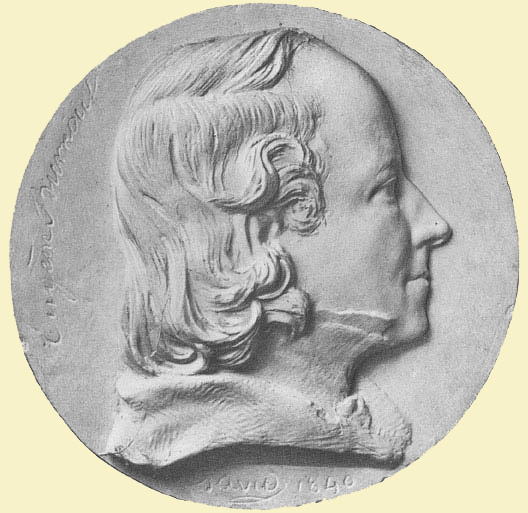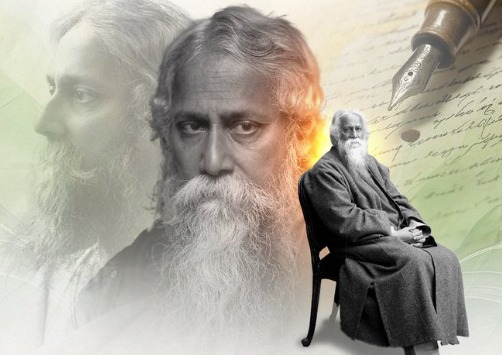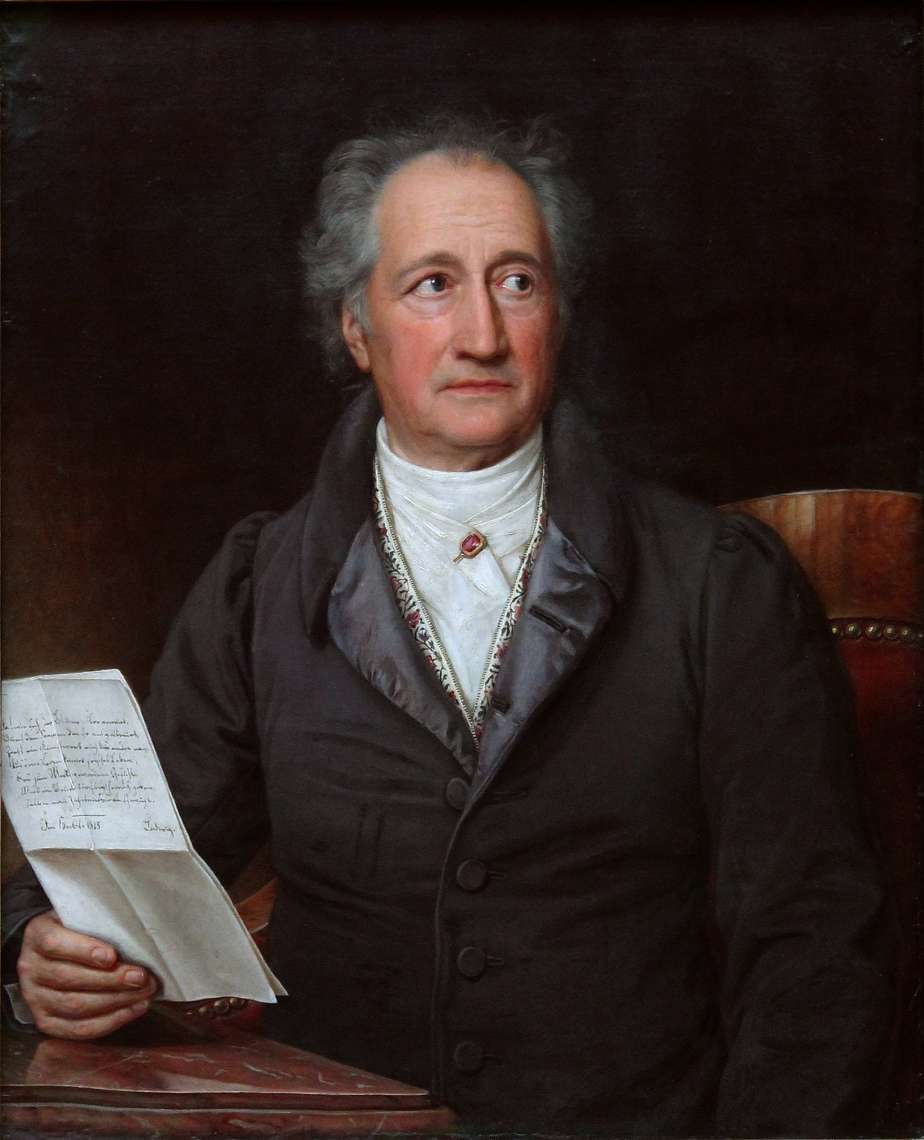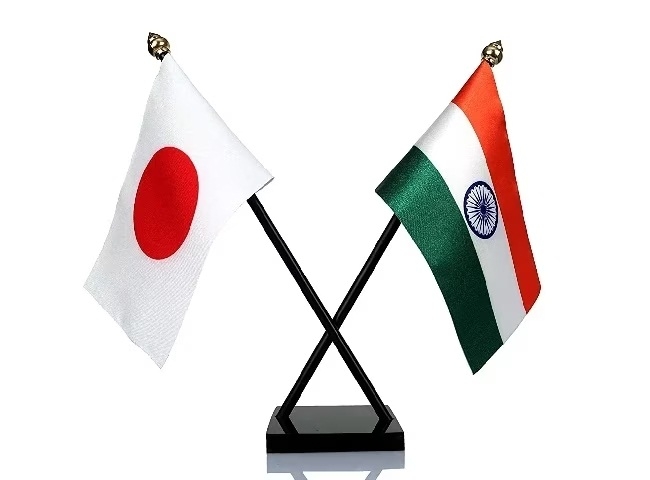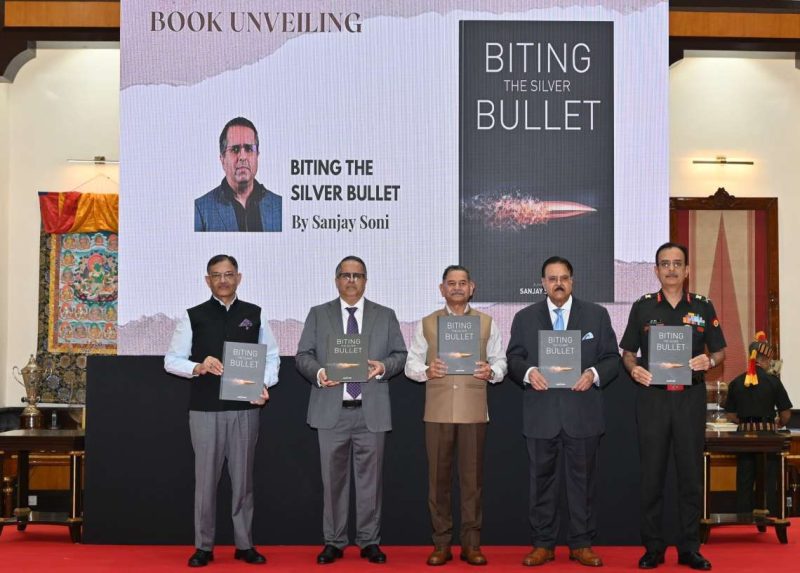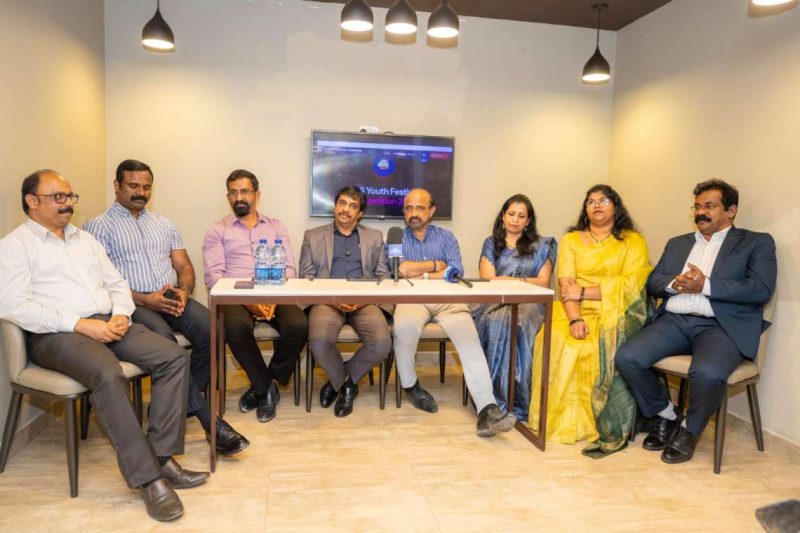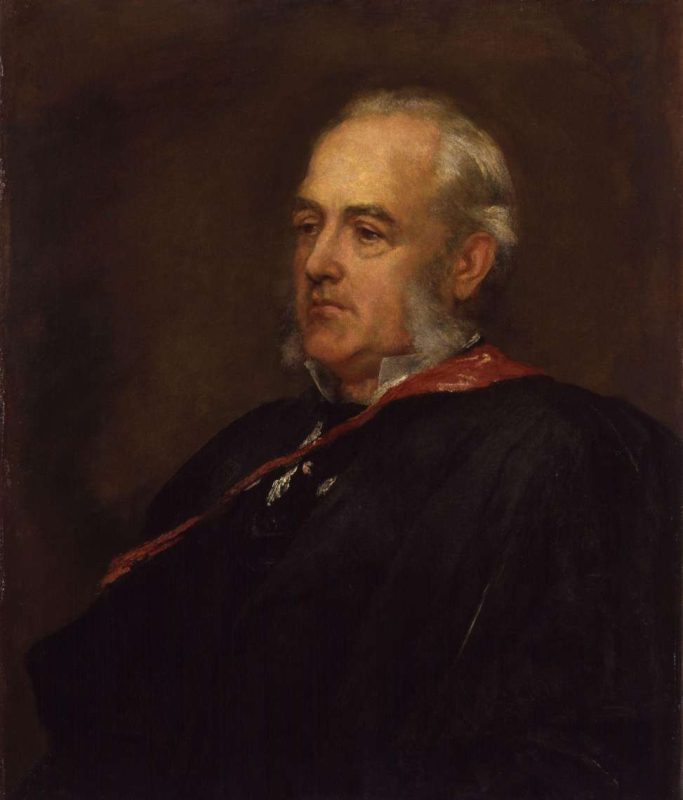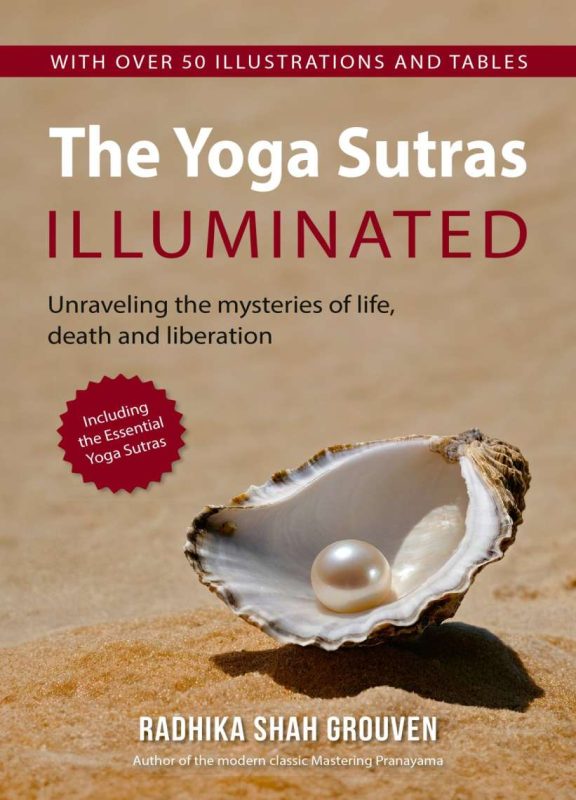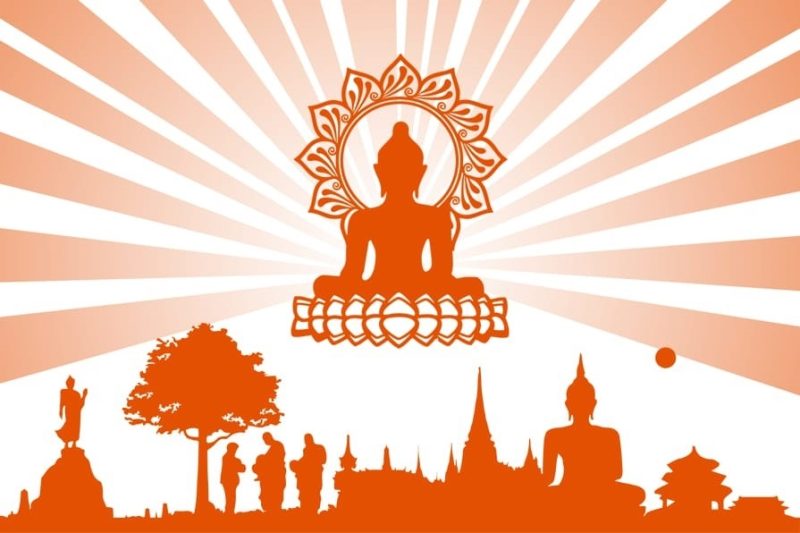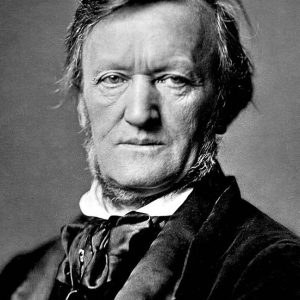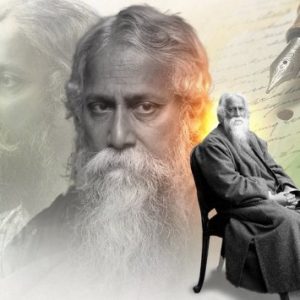By Dilip K Roy FRAS
That ancient and classical Indian thought continues to provide deep though elusive challenges to our modern Westernised world, and to the global constellation of science and technology deals primarily with images, projections, theoretical responses and reflections, as they occurred in the history of encounters between these two great cultural domains.
Although there had been other European scholars who has done extensive work to project India’s ancient culture such as Anquetil-Duperron, Christian Lassen and Friedrich von Schlegel, I have nonetheless chosen the two most important Europeans one French and the other German who’s works are essential as far as Indian thoughts are concerned.
EUGENE BURNOUF (1801-1852) was a French Sanskrit scholar and Indologist an outstanding figure in the Europe of the texts of Buddhist, Hindu and Zoroastrian traditions. He studied Sanskrit in Paris and then at Leipzig under Hermann Brockhous who was the head of faculty and a brother-in-law of Richard Wagner another notable student of Prof. Brockhous at the time was also Friedrich Max-Muller. Although Burnouf is known for his work on Buddhism, he also worked on the Vedas and the Puranas. The preface of his first translations of nine books of Bhagavata Purana hitherto little studied by European scholars in their Indian literary and religious context. Burnouf also made important suggestions regarding the dating of Hindu texts by reference to the emergence of Buddhism.
Burnouf’s massive work “History of Indian Buddhism” (647 pages in the oiginal edition) is of very high historical value, providing a clear window onto how Buddhism was understood in the early decades of the nineteenth century just when the Buddhist traditions of Asia were beginning to be studied by the scholars of Europe. Burnouf was the first scholar to translate Buddhism from Sanskrit sources. Burnouf’s Introduction was read in Germany by Schopenhauer, Nietzsche and Schelling, who praised it for his understanding of NIRVANA and noted how remarkable it was that France with its political instability could produce a man like Burnouf. Richard Wagner wrote, Burnouf’s “History of Indian Buddhism interested me most among my collection of books and I found material in it for a dramatic poem which has stayed in my mind ever since I read it.” The suggested opera Die Sieger (The Victors) remained only in sketches but never completed as Wagner passed away in 1883. However attempts have been made to revive the opera from the sketches by Wagner.
Burnouf’s other Buddhist work include “The Lotus Sutra 1852” according to the scholars of Indology, Eugene Burnouf is regarded as “The founding father of modern Buddhist Scientific Studies.”
PAUL DEUSSEN (1845-1919) was a German Indologist and professor of philosophy who studied Sanskrit at Bonn and Berlin. His account of Vedanta was based on BRAHMASUTRA ans Sankara’s commentary on them. His translation of sixty UPANISHADS was published in 1897. Deussen’s magnum opus “A General History of Philosophy” published (1894-1917) devoted three volumes each to Indian and European philosophy. His view of Indian philosophy was strongly influenced by reading Schopehauer to whom he has been introduced by his friend Friedrich Nietzsche and for whom in turn became an important source of information on Indian philosophy. As Indian philosophical studies emerged under the influence of eighteenth and nineteenth century German Idealism. In the nineteenth century pioneering works on Indian philosophy was done by Paul Deussen and Max-Muller and others. Following Schopenhauer, Deussen rediscovered universal or basic truth in different traditions and historical periods. He claimed that the basis of religion and philosophy is the truth that the external world is mere appearance and not reality, so the entire physical universe reflects how things are constituted for us, not how things really are. Deussen refers to the UPANISHADS and the German Idealism in particular Schopenhauer as representing the occasions on which philosophy understood its and the solution demanded. For Deussen, philosophy was the study of disjunction between appearance and reality. Thus Deussen provided the readings of UPANISHADS and Vedantic thought, portraying Indian philosophy as a tradition concerned to uncover the reality friend behind ‘phenomena.’ In other words the most recent ‘discoveries’ of the major European philosophers were reflected in the ancient Hindu texts.
Max-Muller concentrated mainly on RIG VEDA and the UPANISHADS Paul Deaussen went on to found Schopenhauer Society in 1911 and became the first editor of the society’s journal in1912. Deussen also Sanskritised his name to “Deva-Sena” as respect for the language. Deussen was also a friend of Swamy Vivekananda with whom he had lots of discussion on Indian philosophy.
“A man can be himself only so long as he is alone; and if he does not love solitude, he will not love freedom, for it is only when he is alone that he is really free.” (Arthur Schopenhauer)
Dilip Roy a life long admirer of Richard Wagner and his works, is a Fellow of Royal Asiatic Society.


